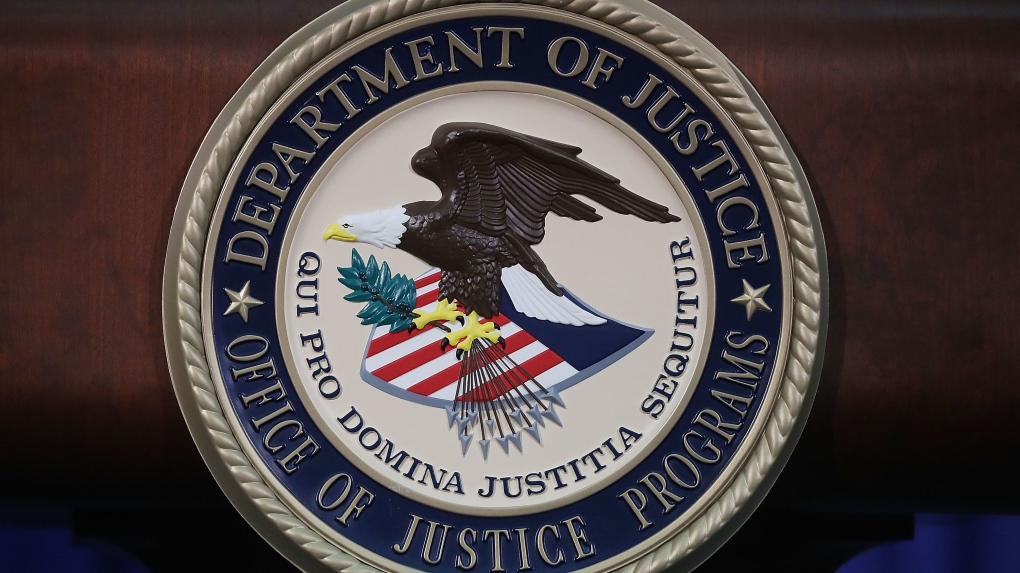The Chicago Mafia. The Gambino household. The Lucchese household.
These infamous teams dominated organized crime in Chicago and New York for many years –- till prosecutors introduced them down with one sweeping cost: racketeering.
Since then, the federal authorities has used racketeering to go after a dozen faculty athletics figures and take a look at directors within the largest faculty admissions scandal ever prosecuted, former U.S. President Donald Trump and musicians like R. Kelly, Younger Thug and Sean ‘Diddy’ Combs.
Intercourse trafficking, dishonest scandals and mob exercise could seem very completely different. However all fall underneath the broad umbrella of racketeering.
So what precisely is racketeering? For a solution, CNN turned to lawyer G. Robert Blakey again in 2019. Blakey has helped draft racketeering legal guidelines in not less than 22 states
It isn’t a selected crime
Merely put, racketeering means partaking in an unlawful scheme. It’s used within the Racketeer Influenced and Corrupt Organizations Act, generally known as RICO, to explain 35 offences, together with kidnapping, homicide, bribery, arson and extortion.
“(Racketeering’s) not a selected crime – it’s a mind-set about and prosecuting a wide range of crimes,” says Blakey, a federal felony regulation professor at Notre Dame College.
Blakey added that racketeering will not be a single felony act. Prosecutors should show a sample involving not less than two cases of racketeering exercise to convict somebody underneath the regulation.
It is purposefully broad
Congress handed the RICO Act in 1970 to fight organized crime. Since then, the regulation has been used to focus on among the highest-profile Mafia members, together with Antonio Corallo, head of the notorious Lucchese crime household.
However racketeering is “not solely related to organized crime,” Blakey says.
The federal regulation is fairly broad, and has even been used to prosecute insider buying and selling instances and anti-abortion teams who block entry to clinics.
It has to have an effect on interstate commerce
In accordance with the U.S. Justice Division, to convict somebody of racketeering, prosecutors should show 5 completely different standards:
• A felony enterprise existed
• The enterprise affected interstate commerce
• The defendant was related to or employed by the enterprise
• The defendant engaged in a sample of racketeering exercise
• The defendant participated in not less than two acts of racketeering exercise
The minimal sentence for racketeering varies by jurisdiction and severity of the crime. Convicted racketeers also can face fines.
